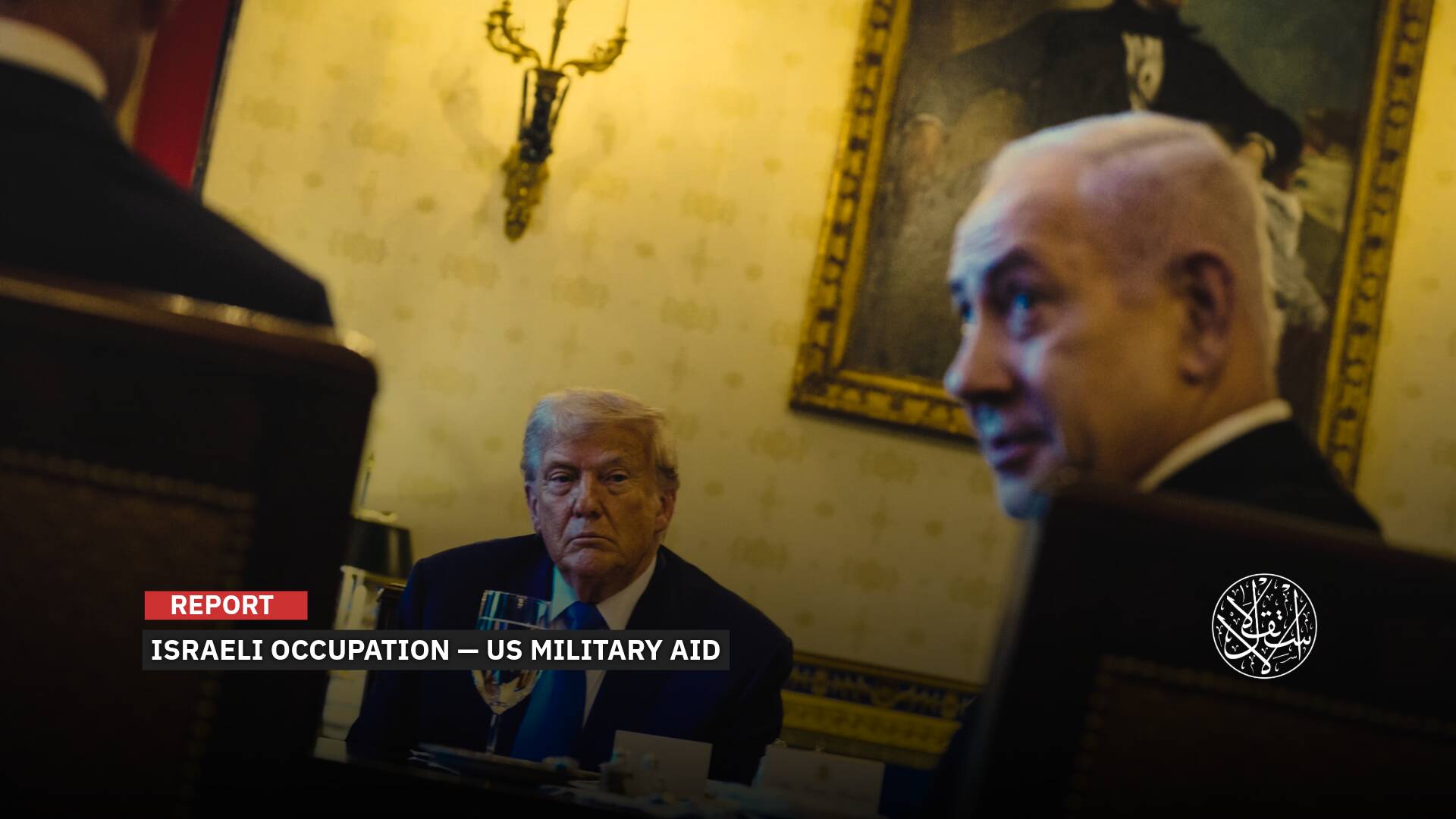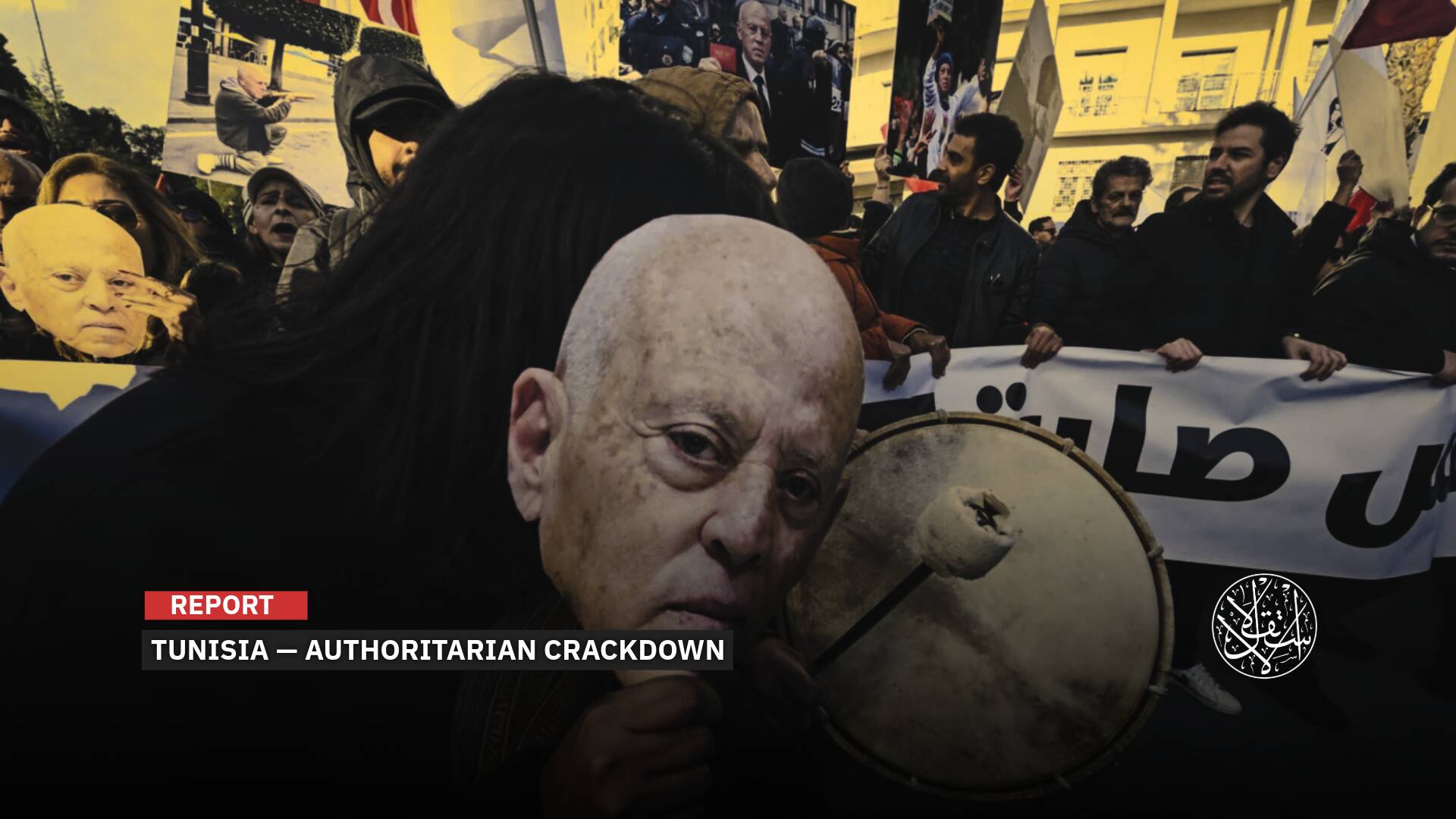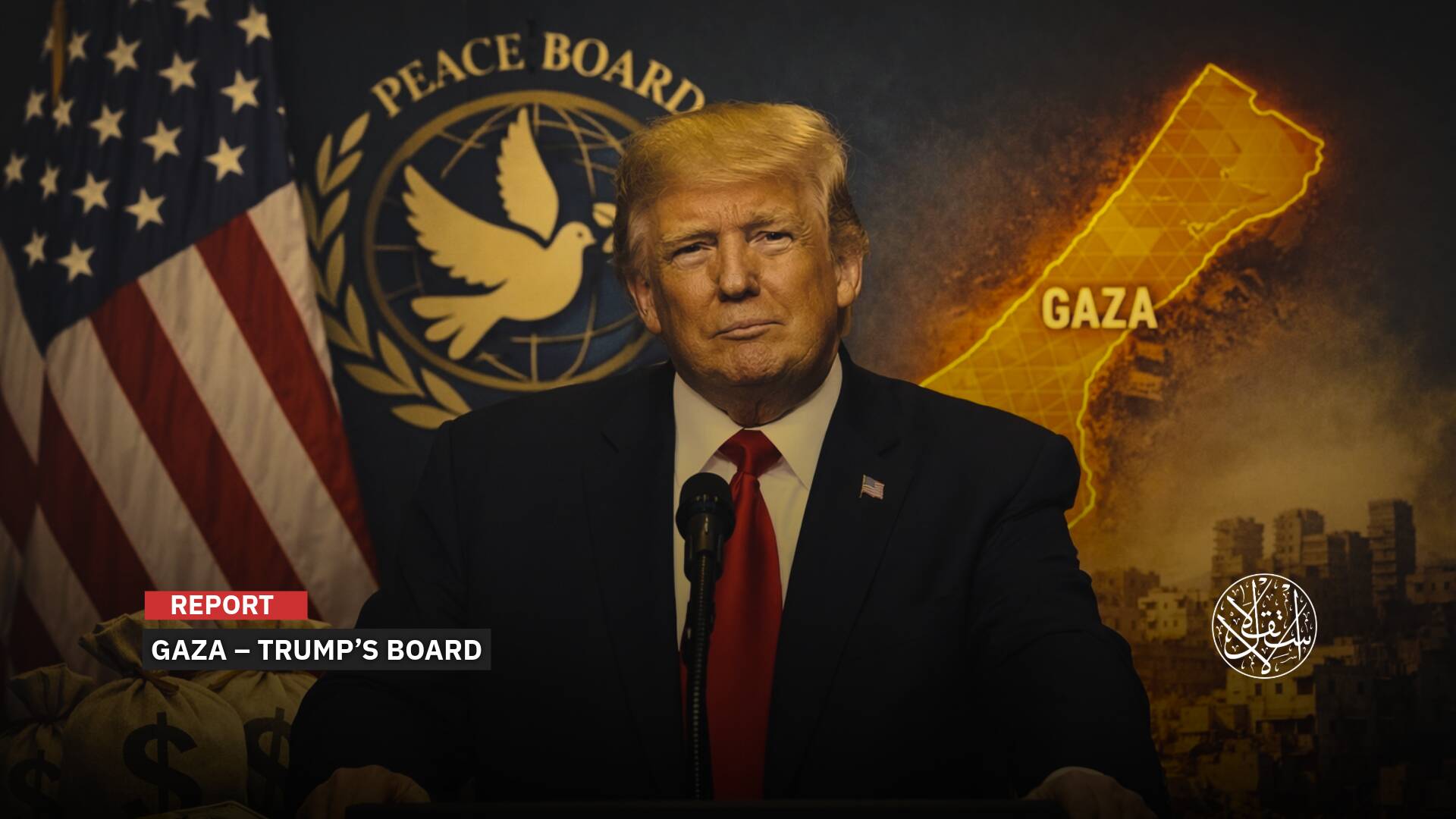Will Iran and Saudi Arabia Join BRICS and Confront NATO?

Journalist Saber Tantawi published a report saying that the Ukrainian crisis has ushered in a new phase of international polarization, beginning with unprecedented Western support for Kyiv in its resistance to Russia's invasion of its territory on February 24, towards the end of arrangements for Sweden and Finland's accession to NATO.
On the other hand, Russia and its economic pillar (China) did not stand idly by in the face of this development, and the urgent action to counter these polarizations was through the expansion of the influence and control of the Shanghai Cooperation Organization (SCO) and the BRICS group, which includes Brazil, Russia, India, and China, which some consider NATO's most prominent rival to the east.
Coinciding with Sweden and Finland's announcement of their desire to join NATO, the Beijing-led BRICS summit was held via video technology on June 22, when Russian President Vladimir Putin called for strengthening and cooperation among the group's members in the face of the challenges created by the Ukrainian war.
Western reports on Moscow and Beijing's efforts to expand the group (a pressure sheet in the hands of the East in the face of the West's rising influence) have been published, led by Saudi Arabia and Iran, with relatively common denominators that combine the objectives of the BRICS leaders with those of the governments of the two countries.
The BRICS came to light in 2006 as a step towards countering Western domination and breaking the dominance of the single-pole on the international map, and held its first summit in June 2009 in the Russian city of Yekaterinburg, with Brazil, Russia, India, and China first, and then South Africa joined the bloc in 2010.
According to experts, the size of the camp's economies exceeds the total output of the G7 (the United States, Britain, Germany, Japan, France, Canada, and Italy), while its members represent 45% of the world's population and cover 27% of the globe's population with a geographical area of more than 39 million square kilometers.
Painful Blow
Tantawi says that despite Moscow's attempts to downplay the proximity of Sweden and Finland to NATO after Ankara abandoned its opposition to the decision following understandings between the two sides, the move represents a major blow to the Russians, increasing NATO's feet inside the eastern camp, the ghost that haunts Putin, pushing him to invade Ukraine four and a half months ago, and pushing him to occupy Crimea eight years ago.
At a press conference following the Caspian Summit in Turkmenistan, which brought together Russia, Azerbaijan, Iran, Kazakhstan, and Turkmenistan on June 29, the Russian president stressed that his country was not disturbed by Sweden and Finland's accession to NATO but warned that it would respond to any "threats."
"There is nothing that can bother us about Sweden and Finland joining NATO. If they want to join, we just have to understand clearly and accurately when there was no threat before. If units are deployed, and military infrastructure is established there, we will have to respond similarly and raise the same threats in those territories from which the threats arose for us," he said.
The Russian response was more diplomatic than many expected, especially after Putin's series of escalating warnings about the expansion of the West's influence eastward, in what observers described as "vague," which raised many questions about the secret of this ambiguity, to keep the door open to all possibilities at the forefront of working on a parallel path to confront NATO through another bloc with the largest number of forces.
Eastern 'NATO'
Journalist Saber Tantawi Asks: "Can the BRICS be a strong match for NATO? Does he have the qualifications to play this role on which the eastern camp relies in breaking Western arrogance?"
Russian researcher and expert Muslim Shaito says this alliance can play a parallel role to the G7 and the entire European system.
The researcher believes that the current conditions are favorable for the activation of the group and the development of its activities, especially in the financial trade track, under western sanctions imposed on Russia.
He noted in press statements that all competitive elements are now available to the BRICS to match western alliances, most notably its geographical expansion, which includes Asia and Africa, in addition to its strong economic, military, and political strength and its huge demographic presence.
Opinions suggest that The Joining of Shanghai with the BRICS alliance with their unprecedented international weight, representing about 60% of Eurasia, dominating 50% of the world's population, and accounting for more than 20% of the global economy, qualifies them to compete with NATO and the European Union.
And in light of recent arrangements and the questioning of the weight of the West in the Middle East and Africa, this new alliance could outperform its Western counterpart in many side battles.
Recently, Moscow has begun to intensify its efforts to expand the alliance map vertically by developing relations with BRICS partners economically and logistically and seeking alternative mechanisms for remittances with the aim of reducing dependence on the dollar and competing with the West economically.
It also expanded horizontally by attracting some new countries with economic and political weight, led by the two rivals, Saudi Arabia and Iran.
Saudi Arabia and Iran?
In a report published by Newsweek, Moscow and Beijing's efforts to achieve a kind of global "geopolitical balance" impose a multipolar model, by attracting Riyadh and Tehran, because of their great capabilities that can strengthen the eastern camp in the face of its Western counterpart.
Matthew Neapole, an expert on international affairs at the Macdonald-Laurier Institute in Canada, said the alliance planned by Russia and China could theoretically support economic ties among its members, taking advantage of the gaps created by U.S. sanctions on some of the group's countries, which could be common ground for launch.
He noted that there are "significant obstacles to overcome" but does not deny that Shanghai and BRICS could play a major role in re-establishing the formation of the world order.
The choice of Iran and Saudi Arabia specifically was not random—far from their economic and logistical capabilities—there is common ground that brings them together and the coalition countries, related to the strained relations with the West, especially Washington.
At the Saudi level, relations with the United States have been severely strained since Joe Biden took office, and a state of loss of confidence in the wake of Washington's withdrawal from the countries of the region and the reduction of guarantees it provided to the Gulf states in general, which prompted the Saudis to look for other coalition alternatives to compensate for the withdrawal.
This is in addition to matching the vision of the BRICS with that of the Saudi Crown Prince concerning the diversification of the country's oil-dependent economy.
On the Iranian side, it may be almost settled, given Tehran's full involvement in the eastern camp for years, seeking its economic incubator under the U.S. sanctions that have negatively affected the Iranian economy, prompting Tehran to look for ready alternatives even if the counter-dependence on the political decision.
With profit and loss calculations, there is no doubt that the efforts to attract Saudi Arabia will face obstacles and challenges, especially since the Kingdom has recently been trying to open a new page with the United States after the announcement of the latter's visit to Riyadh this month, and the possibility of a meeting with the Crown Prince in an attempt to quell old differences and strengthen the future partnership.














